Video games often captivate players with stunning visuals and innovative mechanics, yet even the most acclaimed titles harbor subtle flaws that tarnish an otherwise brilliant experience. These imperfections stem from bold experiments in game design, where developers strive to break conventions but sometimes stumble, introducing elements that feel clunky, frustrating, or downright tedious. A single misstep can transform what should be a seamless adventure into a tiresome grind, turning potential masterpieces into games that fall just short of true greatness. Despite their brilliance, these titles remind us that perfection is elusive, as mechanics intended to enhance immersion or challenge often backfire, creating barriers that alienate players. In 2025, as the industry evolves, it's clear that even the best games aren't immune to such pitfalls, making us ponder what could have been with a few tweaks. 😢
Bloodborne's Healing Dilemma
One of the most revered entries in the soulslike genre, Bloodborne immerses players in a gothic Victorian nightmare with its breathtaking art direction and intense combat. However, its decision to replace refillable healing with finite Blood Vials introduces an unnecessary layer of frustration. For a game that demands precision and punishes mistakes harshly, forcing players to farm for heals after defeats can turn exhilarating battles into discouraging chores. While the rally system offers some redemption by rewarding aggressive play, it doesn't fully mask the tedium of vial collection. This mechanic feels jarringly out of place in an otherwise stellar game, highlighting how resource scarcity can undermine replayability. 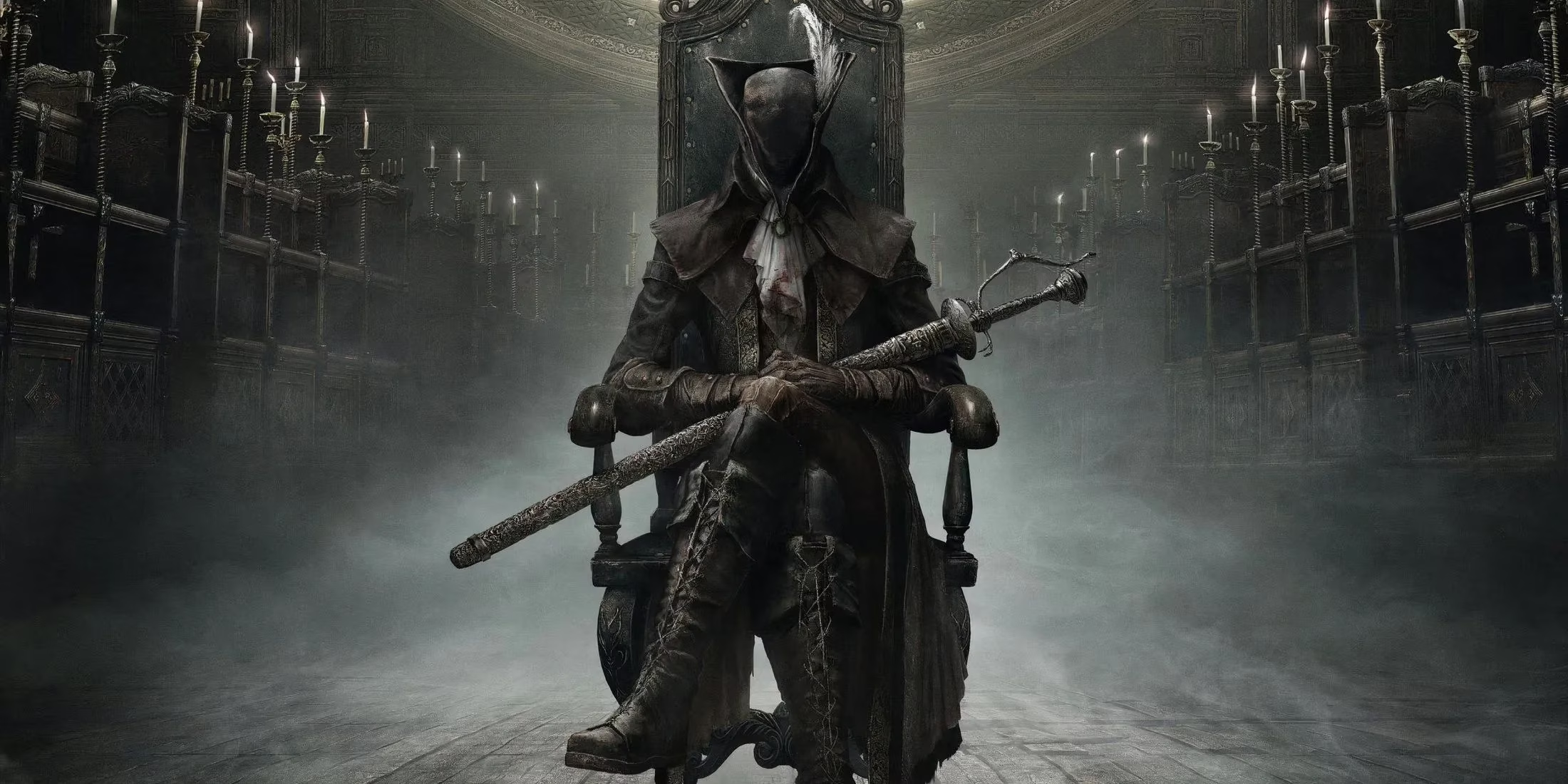
Resident Evil 4's Movement Mishap
RE4 revolutionized the horror genre with its perfect blend of action and terror, yet its core gunplay is hampered by the inability to move while shooting. This limitation makes encounters feel clunky and unresponsive, especially during boss fights where players need agility. The issue was cleverly addressed in the 2024 remake, proving that a small quality-of-life change could elevate the experience. Still, the original's legacy is tinged with reminders of how static mechanics can drain excitement from otherwise thrilling sequences. 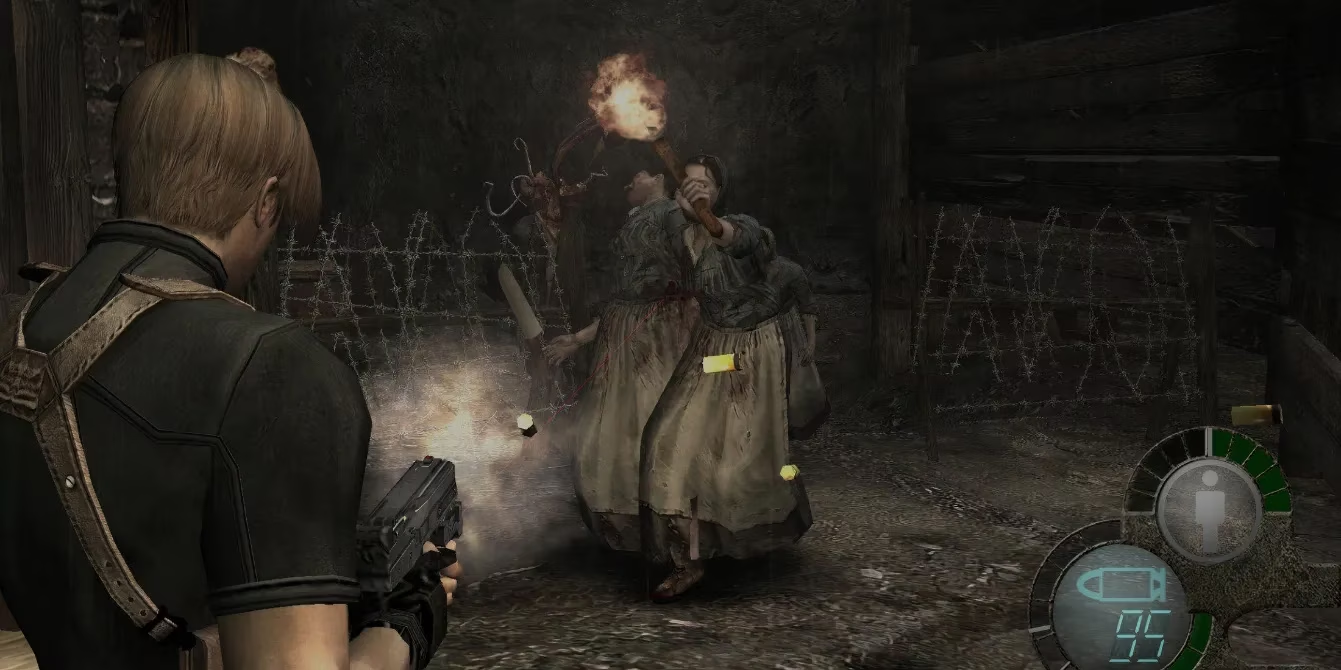
Breath of the Wild's Weapon Durability Woes
Breath of the Wild offers an expansive, vertical Hyrule filled with endless exploration and dynamic combat, but its weapon durability system is a notorious buzzkill. Players constantly scavenge for replacements as beloved weapons shatter mid-fight, transforming action-packed skirmishes into inventory management marathons. While intended to encourage variety, it often feels punitive, robbing players of the joy in mastering a single weapon. This mechanic adds an element of choice that, ironically, detracts from the game's freedom-focused ethos. 😠 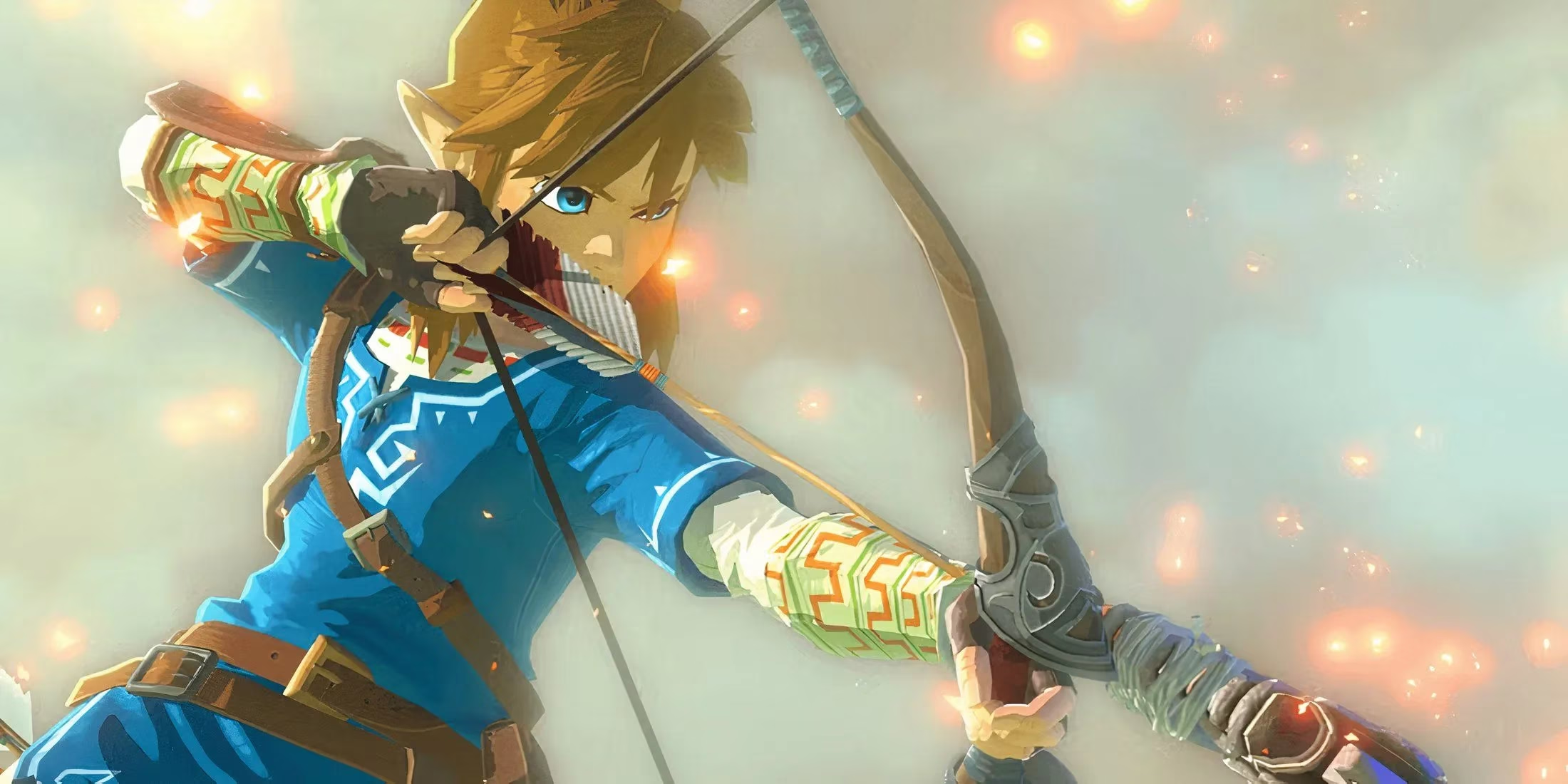
Dark Souls 2's Hollowing Hurdle
Often considered the black sheep of its franchise, Dark Souls 2 boasts diverse weapons and epic boss battles, but its hollowing mechanic is a perplexing addition. Each death gradually reduces the player's maximum health, potentially halving it after repeated failures. This punishes experimentation in a game already notorious for its difficulty, creating a vicious cycle of frustration. Though narratively intriguing, it hampers enjoyment by amplifying the sting of defeat unnecessarily. 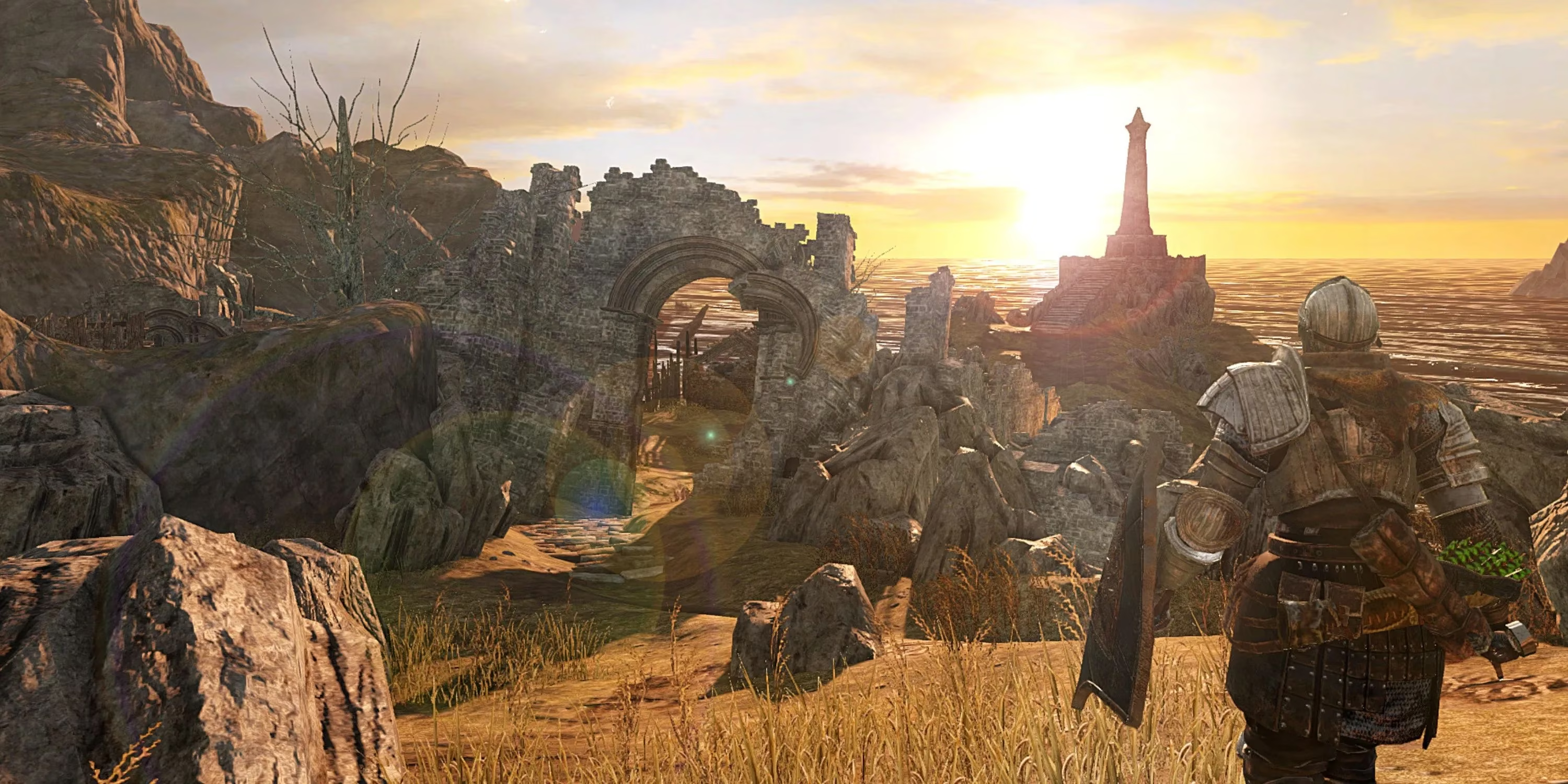
Red Dead Redemption 2's Sluggish Realism
RDR2 sets a benchmark for open-world realism with its meticulously crafted narrative and environments, but this commitment comes at a cost. Animations for basic actions like shooting or riding horses are weighted to mimic reality, resulting in sluggish, unresponsive controls that feel more like chores than fun. While immersive, this design choice sacrifices fluid gameplay, making the vast world feel cumbersome to navigate. 🐎 
Starfield's Pirate Penalty Paradox
Starfield excels as an RPG sandbox, offering unparalleled freedom in space exploration, but its criminal system unfairly penalizes negative paths like piracy. Players face XP deficits after imprisonment, stunting progression and discouraging role-playing diversity. For a game celebrating choice, this mechanic feels counterintuitive, punishing players for embracing the galaxy's darker fantasies. 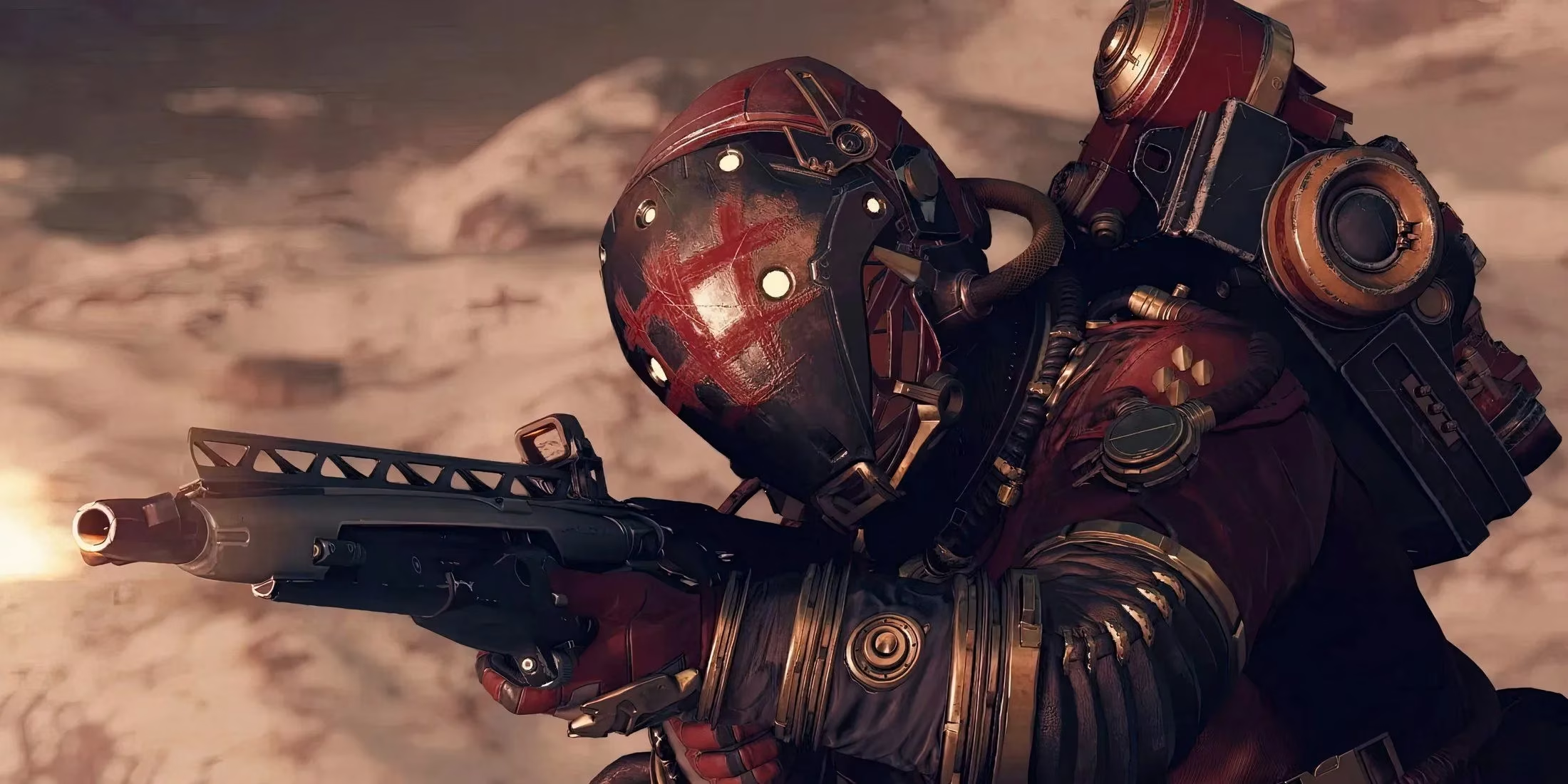
Khazan's Status Effect Overload
Khazan emerges as a surprise hit in the soulslike arena with its cartoony visuals and brutal combat, yet boss fights are marred by excessive status effects. Nearly every encounter inflicts ailments like poison or curses, requiring constant cleansing items. This repetitive element turns rewarding battles into annoying interruptions, diluting the game's intensity. 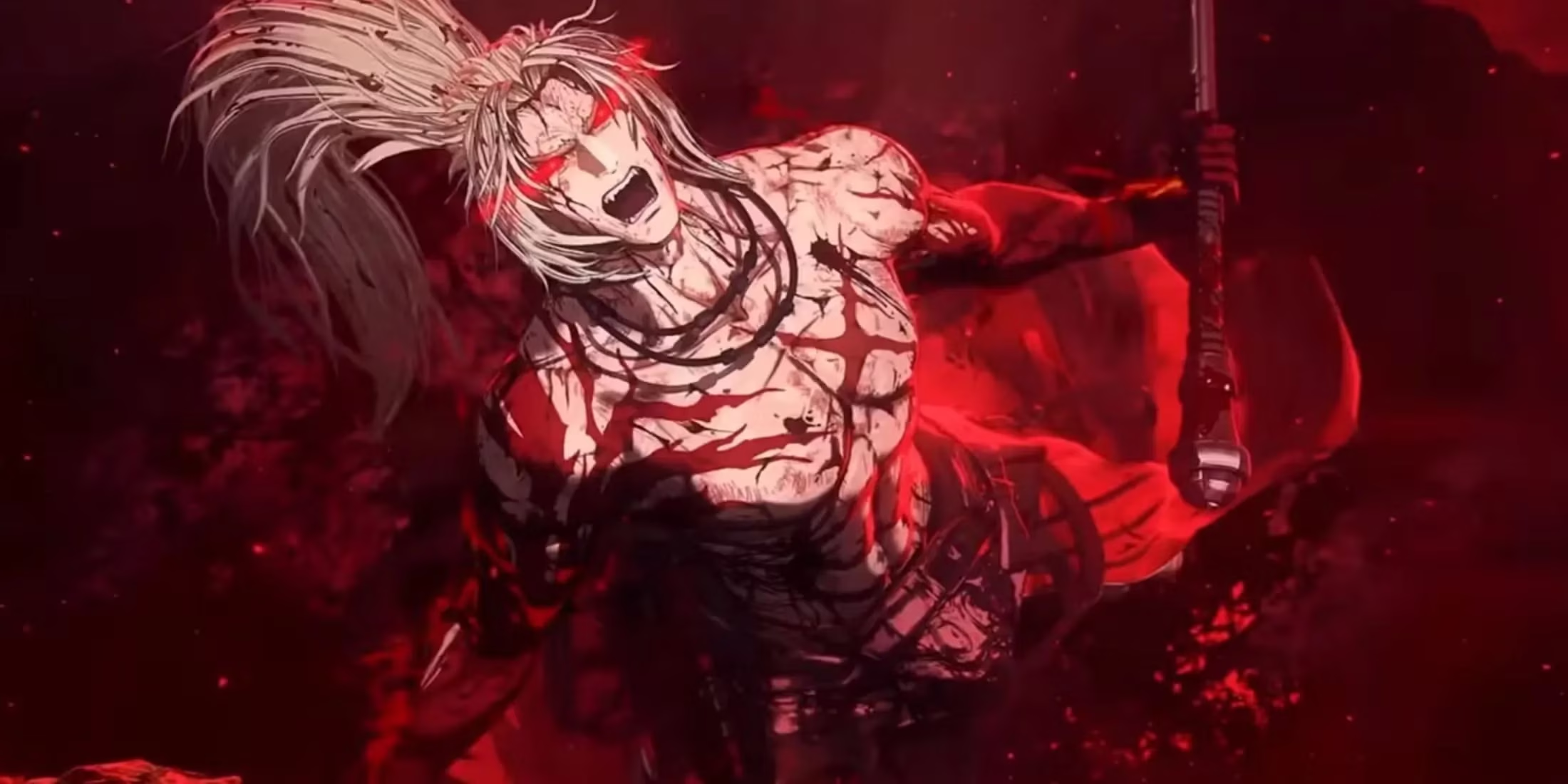
Hollow Knight's Travel Troubles
Hollow Knight redefines Metroidvanias with its mysterious world and deep combat, but fast-travel limitations force players to trek long distances via trains or elevators. This adds tedious backtracking to exploration, making discovery feel laborious rather than liberating. In a genre built on seamless traversal, such constraints are a baffling oversight. 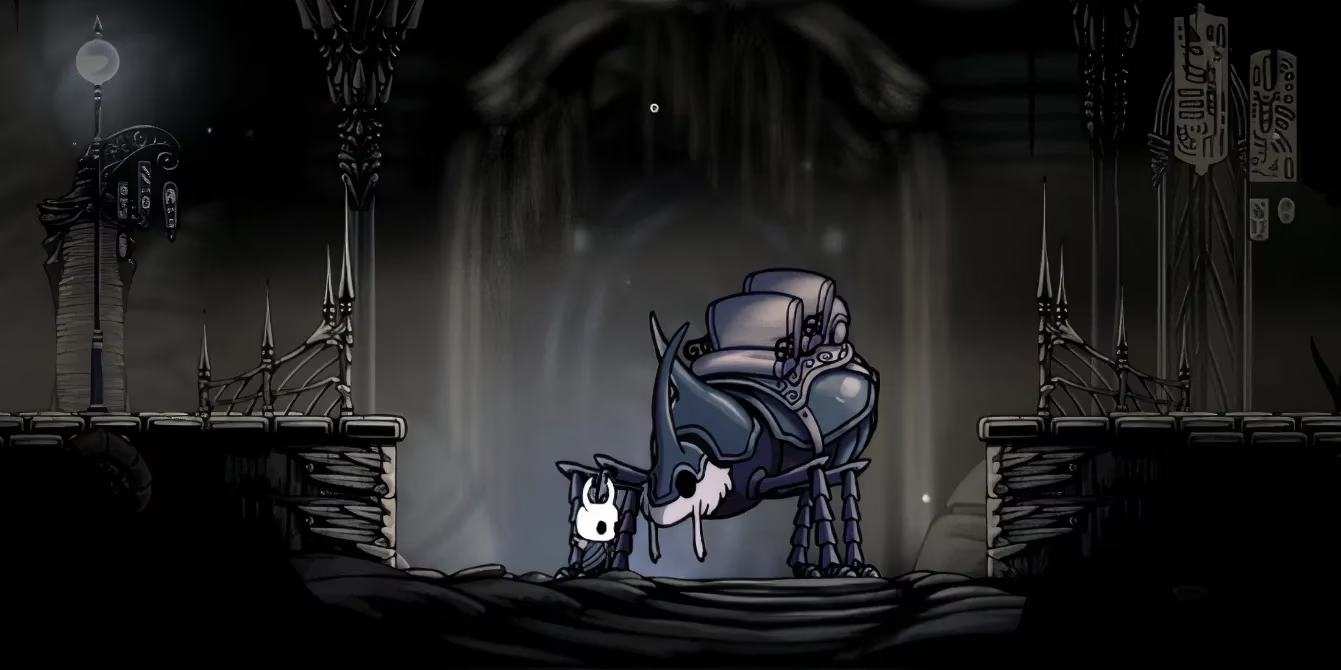
Summary of Key Flaws
To compare these issues:
| Game | Flawed Mechanic | Impact on Gameplay |
|---|---|---|
| Bloodborne | Finite Blood Vials | Farming tedium replaces excitement |
| RE4 | No movement while shooting | Clunky combat reduces immersion |
| Breath of the Wild | Weapon durability | Constant scavenging interrupts flow |
| Dark Souls 2 | Health reduction on death | Punishes players unfairly |
| RDR2 | Sluggish animations | Realism overrides responsiveness |
| Starfield | XP penalties for crime | Discourages role-playing diversity |
| Khazan | Overused status effects | Repetition dulls challenge |
| Hollow Knight | Limited fast-travel | Backtracking becomes exhausting |
Looking ahead, I envision a future where developers strike a better balance between innovation and player comfort. Games could integrate adaptive mechanics that learn from feedback, reducing grind and enhancing accessibility. Imagine worlds where flaws like these are patched dynamically or replaced with more intuitive systems—perhaps through AI-driven updates that refine gameplay post-launch. This personal hope stems from seeing how minor tweaks, as in RE4's remake, can transform classics. Until then, we celebrate these near-perfect games, warts and all, as reminders that even brilliance has its rough edges. 😊